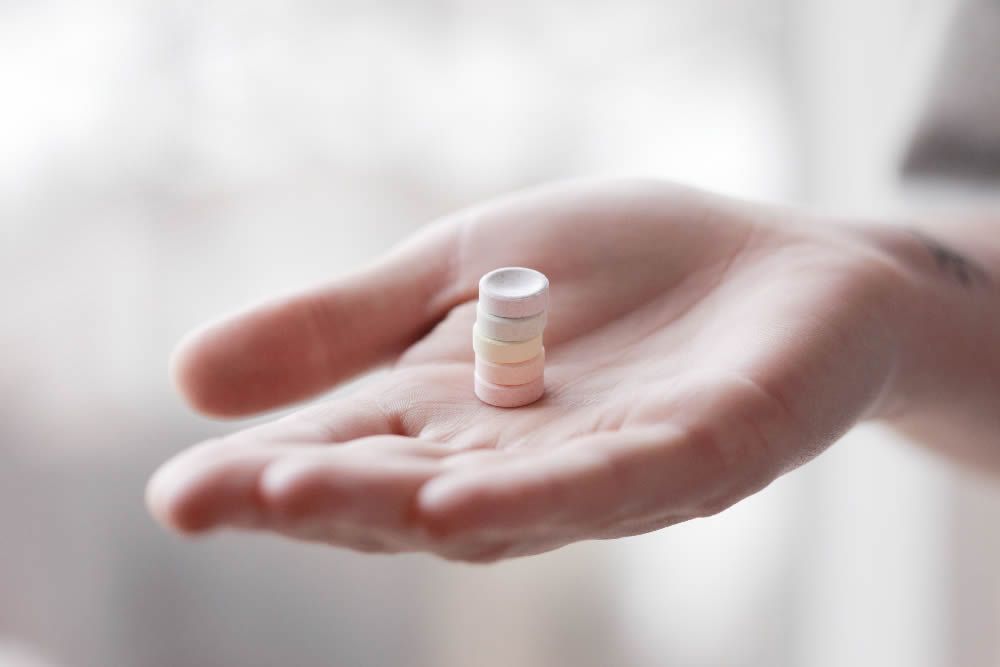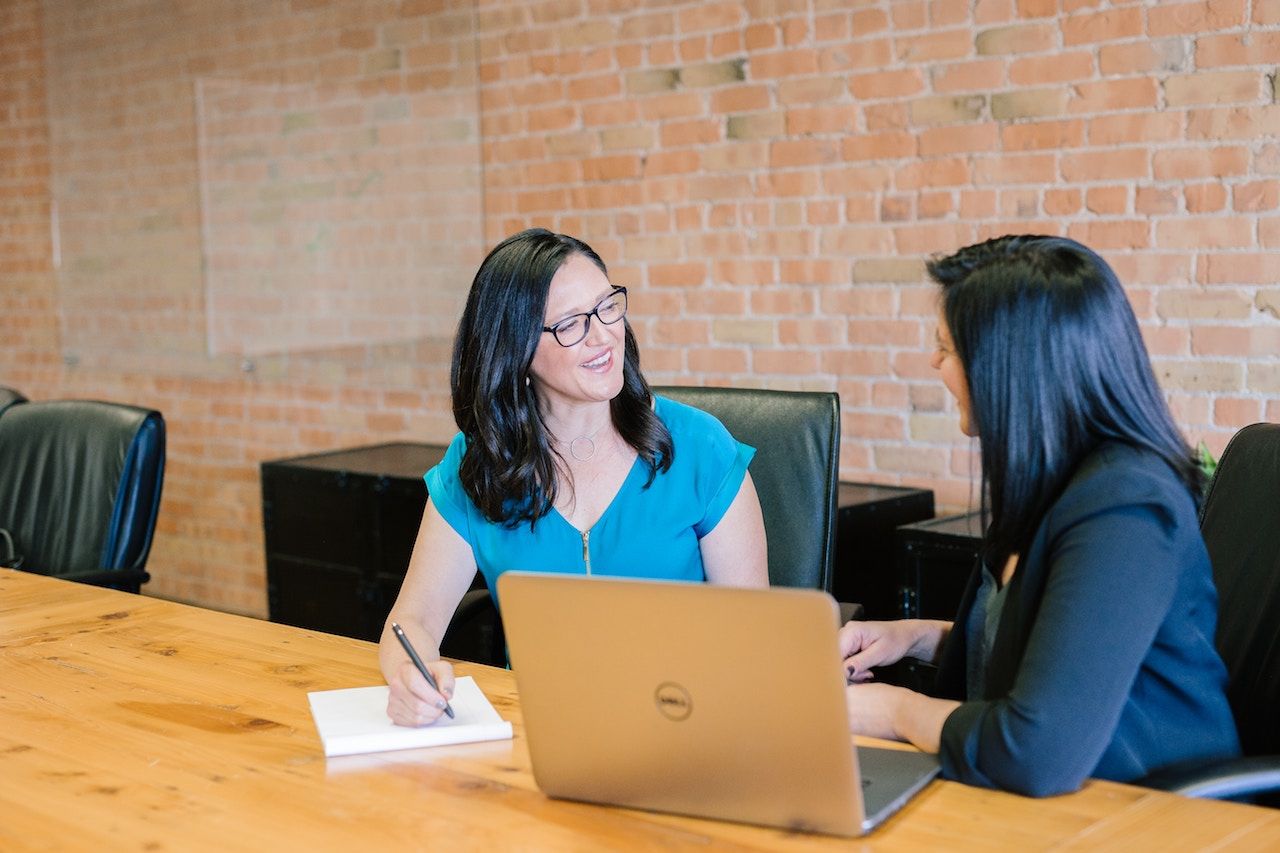Our Approach to Health and Rehabilitation
The Placebo Effect
By Felicia Assenza, ND
April 18, 2019
‘What if it’s just placebo?’ Many of us have heard or asked this question before, especially in the healthcare field, but what if there’s something powerful and healing about the placebo effect that we might be missing by simply brushing it off?
What exactly is a placebo effect?
A placebo effect can be defined as a beneficial effect from a substance or procedure that cannot be attributed to the specific properties of the substance or procedure itself. In other words, someone gets better from taking something that doesn’t, on its own, have any medicinal properties. For example, someone is given a new cutting edge pill for migraines (actually a plain old sugar pill) and the migraine disappears.

How powerful is the placebo effect?
Since its discovery in the 1700’s, the placebo effect has unfortunately been looked at as more of an annoyance or something that needed to be controlled for in studies of ‘real medicines’ or drugs or therapies being tested for their efficacy. For example, looking at whether or not Drug X is more effective than a placebo sugar pill. It wasn’t until the 1950’s that the placebo effect itself began to be investigated in more depth and we’re now realizing the incredible role it can have in very real healing1.
The placebo effect has been shown to play an important role in many ailments that our modern healthcare system has much difficulty with treating, such as pain, depression, anxiety, osteoarthritis, immune health, and ADHD. It has even been shown to be effective in the context of surgery! A fascinating 2002 study by Mosely and colleagues demonstrated that placebo knee surgery (where an incision was made but no actual surgery was performed) was just as effective at relieving symptoms of osteoarthritis as the commonly used arthroscopic debridement surgery2.
Do I have to be tricked for it to work?
No! It seems the most important part for a placebo to work is believing that it will work, believing that things will improve or that the outcome you are hoping for is possible. A 2010 study by Ted Kaptchuck and colleagues found that when patients with irritable bowel syndrome (IBS) were given a placebo, told they were given a placebo, and given up to date information on the placebo effect, their IBS symptoms still improved3.
The Nocebo effect
By this point, it shouldn’t surprise you that when it comes to health (and I’d argue other areas of life as well, but that’s a discussion for another day) if you think something will help, chances are it will! Turns out the opposite seems to be true as well. If you think something will be harmful, chances are it will be. This has become known as the nocebo effect. In other words, the expectation that a harmful effect will happen actually leads to that harmful effect happening. For example, a couple of studies have shown that nebulized saline, which is just airborne salt water droplets, actually triggered asthma attacks in individuals who were told they were being exposed to something they were allergic to5,6. An earlier study even showed that people who thought they were being exposed to trees that they were allergic to triggered the same visible, itchy rash that actually being exposed to the trees caused7.
It’s not quite the same for everyone
Like everything in medicine and healing, the placebo effect does not look the same for everyone. If you’ve been to one of my workshops or read any previous blog posts, you have probably heard me emphasize the importance of individualized medicine or, as I sometimes like to call it, personalized medicine. Everyone is different and I have yet to come across any therapeutic approach to healing that has exactly the same effect in everyone. The placebo effect is no exception. There has, however, been some interesting study into more specific individual variations in genetics, neurobiology, past experiences, and how they relate to the placebo effect and a person’s susceptibility to the placebo effect1,4.
So what does all this mean when it comes to my health?
I think one of the most important things that the placebo effect shows us is our own healing abilities. One of the most powerful medicines is you! Realizing that your state of health ultimately falls on you is such an empowering way to approach your health but also quite a large responsibility. However, while you are the most important person on your healthcare team, you definitely don’t have to be the only person on your team. That’s where healthcare professionals come in to offer help and guidance to move you forward on your health journey, which brings me to my next point…
It is so so so IMPORTANT that you trust your healthcare professionals and have a positive therapeutic relationship with them. As we already talked about, the placebo effect can be a great asset to your healing but the nocebo effect can be quite the opposite. It is important that you feel comfortable enough with your healthcare providers to voice your thoughts or experiences with certain treatments and can collaborate on a treatment plan that you both believe is in your best interest.

What’s your experience with the placebo effect? Do you have any experience with the nocebo effect? We’d love to hear from you.
Want to work together on your health journey? Have more questions about the placebo effect? Let’s chat. Send us an email, give us a call, or book a free 15 minute consult.
Learn More:
- Structure and Function
- The Mind Body Connection
- Managing Stress
- The Body as a Self Healing Mechanism
- The Concept of Compensations
- The Trouble with Core Stability
- What is scar tissue?
- Importance of Regular Maintenance
- Understanding Inflammation
- Inflammation and the Digestive System
- Plantar Fasciitis
- Sciatica
- What the Blue Jays Should Learn from Josh Donaldson's Injury
- Understanding Hypertension
- Myofascial Unwinding
- Detox
- Myofascial Release
- Acupuncture
- Is Marcus Stroman Healthy?
- Water
- The Placebo Effect
- Jays Matt Shoemaker Tears ACL
- To Stretch or Not To Stretch
- Prostate Health
- Changing Subconscious Beliefs
- How Does Muscle Testing Work Online
- Paul Married Alice: Is There A Perfect Match?
- Ways to Deal with Anxiety for Teens
- What is a woman’s most crucial role in her partner’s life?
- A Cold – Your Body Speaks Your Mind
CONTACT
-
Phone:905-335-0372
-
E-Mail:This email address is being protected from spambots. You need JavaScript enabled to view it.
-
Address:3-4300 Upper Middle Rd.
Burlington, ON L7M4P6
